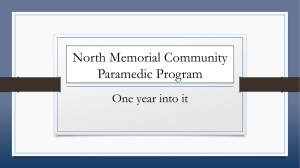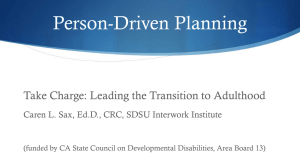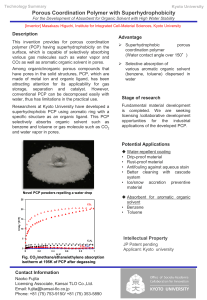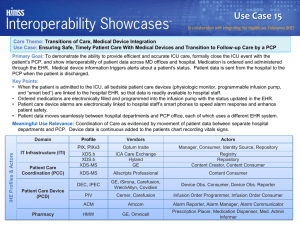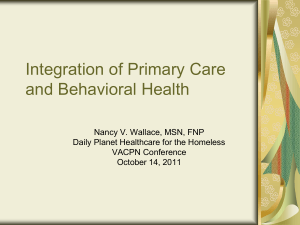pcp final
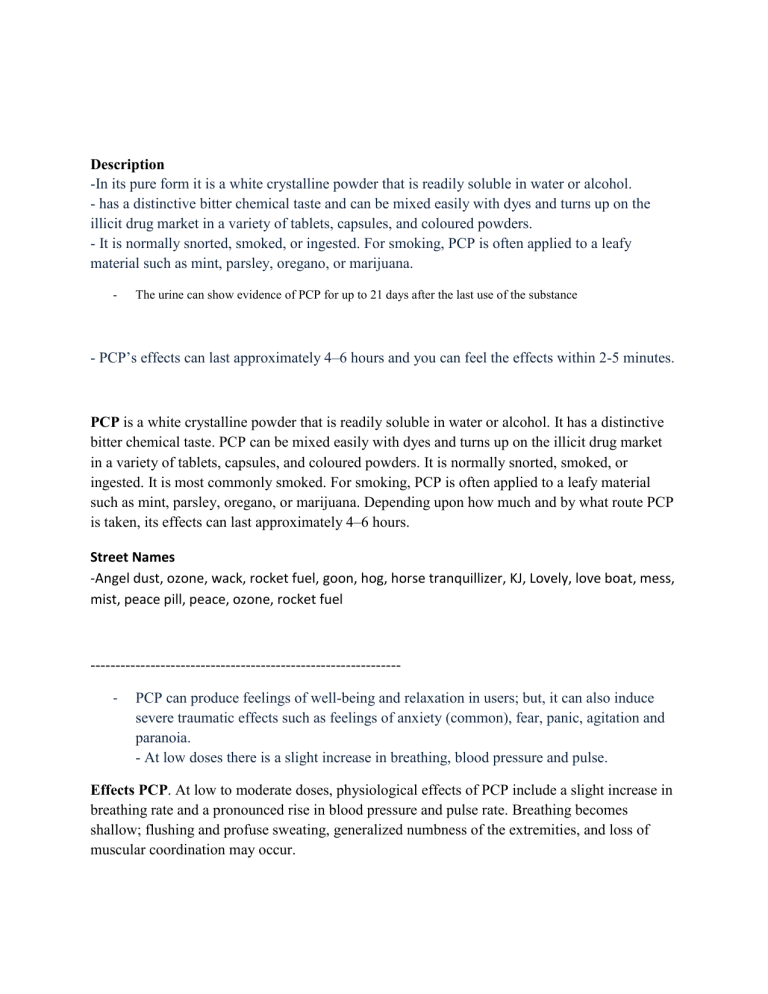
Description
-In its pure form it is a white crystalline powder that is readily soluble in water or alcohol.
- has a distinctive bitter chemical taste and can be mixed easily with dyes and turns up on the illicit drug market in a variety of tablets, capsules, and coloured powders.
- It is normally snorted, smoked, or ingested. For smoking, PCP is often applied to a leafy material such as mint, parsley, oregano, or marijuana.
The urine can show evidence of PCP for up to 21 days after the last use of the substance
- PCP’s effects can last approximately 4–6 hours and you can feel the effects within 2-5 minutes.
PCP is a white crystalline powder that is readily soluble in water or alcohol. It has a distinctive bitter chemical taste. PCP can be mixed easily with dyes and turns up on the illicit drug market in a variety of tablets, capsules, and coloured powders. It is normally snorted, smoked, or ingested. It is most commonly smoked. For smoking, PCP is often applied to a leafy material such as mint, parsley, oregano, or marijuana. Depending upon how much and by what route PCP is taken, its effects can last approximately 4–6 hours.
Street Names
-Angel dust, ozone, wack, rocket fuel, goon, hog, horse tranquillizer, KJ, Lovely, love boat, mess, mist, peace pill, peace, ozone, rocket fuel
--------------------------------------------------------------
PCP can produce feelings of well-being and relaxation in users; but, it can also induce severe traumatic effects such as feelings of anxiety (common), fear, panic, agitation and paranoia.
- At low doses there is a slight increase in breathing, blood pressure and pulse.
Effects PCP . At low to moderate doses, physiological effects of PCP include a slight increase in breathing rate and a pronounced rise in blood pressure and pulse rate. Breathing becomes shallow; flushing and profuse sweating, generalized numbness of the extremities, and loss of muscular coordination may occur.
At high doses, blood pressure, pulse rate, and respiration drop.
- High doses of PCP can also cause seizures, coma, and death
- Because PCP can also have sedative effects, interactions with other central nervous system depressants, such as alcohol and benzodiazepines, can also lead to coma.
At high doses, blood pressure, pulse rate, and respiration drop. This may be accompanied by nausea, vomiting, blurred vision, flicking up and down of the eyes, drooling, loss of balance, and dizziness. PCP abusers are often brought to emergency rooms because of overdose or because of the drug’s severe untoward psychological effects. While intoxicated, PCP abusers may become violent or suicidal and are therefore dangerous to themselves and others. High doses of PCP can also cause seizures, coma, and death (though death more often results from accidental injury or suicide during PCP intoxication). Because PCP can also have sedative effects, interactions with other central nervous system depressants, such as alcohol and benzodiazepines, can also lead to coma which may last 7-10 days.
---------------------------------------
Short-term use of PCP can produce many other effects:
drowsiness
impaired coordination
blurred vision dizziness
increased heart rate and blood pressure
increased breathing rate sweating
nausea and vomiting detachment from the environment and reality distortion of body perception (feelings of weightlessness/floating)
distortion of time/ space
numbness in the arms and legs
visual and auditory delusions
In addition, a person could potentially experience:
aggressive/ hostile/ violent behaviour
incoherent or inability to speak
drooling severe depression hallucinations
Long-term Effects
Not a lot is known about long-term PCP use.
Use of PCP over an extended period of time can lead to memory loss, difficulties
speaking and thinking.
These symptoms can last for a year or more after last use.
Severe anxiety and depression are common and may continue indefinitely.
Some users also report unpleasant flashbacks similar to those experienced with LSD.
-----------------------------------------------------
Scope of PCP abuse
Approximately 6 million people aged 12 or older in the US have used PCP at least once.
PCP is easily manufactured in illicit labs by people with minimal training in chemistry.
It is often mixed into other street drugs to enhance the effect of low-quality illicit substances
---------------------------------------------------------------
Is PCP Addictive?
Risk of physical dependence to PCP has not been specifically studied and reports of physical dependence in humans are rare.
People who use PCP regularly do not report physical withdrawal symptoms when they stop.
However, PCP can be psychologically addictive.
Some people who take PCP repeatedly feel the need to take it and the drug can take on an exaggerated importance in their lives.
Tolerance to the effects of PCP has not been clearly demonstrated. However, it is believed that tolerance can develop with long-term, regular use.
